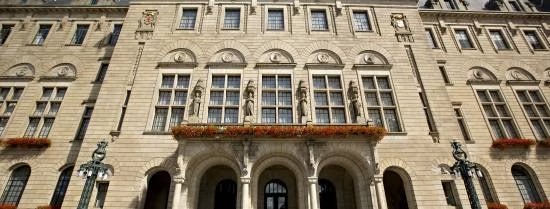Rotterdam impact study COVID-19
The city of Rotterdam was silenced by the coronavirus pandemic. How can Rotterdam recover from this social and economic blow in due time? How can the (future) urban resilience of Rotterdam be increased? And what opportunities are out there? The Rotterdam COVID-19 impact study focuses on precisely these pressing questions. This Rotterdam project is a cooperation between the City of Rotterdam and Vital Cities and Citizens, an initiative from Erasmus University Rotterdam.
From VCC, Dr. Jan Fransen (themeleader within VCC) and prof.dr. Jurian Edelenbos (academic director VCC) are the leaders of this project, and in addition several other researchers cooperate on this project, such as Dr. Naomi van Stapele, Dr. Brian Godor and Dr. Mike Duijn. They will publish a series of policy letters containing advice for municipalities.
Policy briefs
- Policy Brief 1 | Conditions for urban resilience to Covid-19 pdf, 1.66 MB
- Policy brief 2 | Research design for case studies pdf, 868.54 KB
- Policy brief 3 | Conditions for community resilience pdf, 2.21 MB
- Policy brief 4 | Resilient communities: the role of local government pdf, 1.74 MB
- Policy brief 5 | Resilient citizens pdf, 201.42 KB
- Summary of policy briefs pdf, 3.35 MB
Knowledge and Inspiration update Municipality of Rotterdam
Dr. Jan Fransen and Daniela Ochoa Peralta wrote an article in MONU (Magazine of Urbanism) #33, special issue on Pandemic Urbanism (pp 78-81). You can find a short summary of what the article is about.
The Covid-19 pandemic requires us to reframe what a city is. The past decades urban competitiveness has played a key role in urban development strategies at the expense of urban resilience. We therefore plea for urban transformations, starting from resilient communities. Resilient cities deal with shocks based on abundance instead of efficiency, diversity instead of specialization, local on top of global trade and social networks and cohesion on top of economic development. This requires new urban visions, polycentric planning and governance, as well as embracing diversity and non-compliance. Together these form a system of change.
